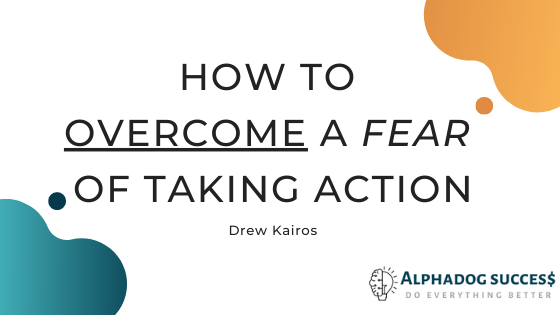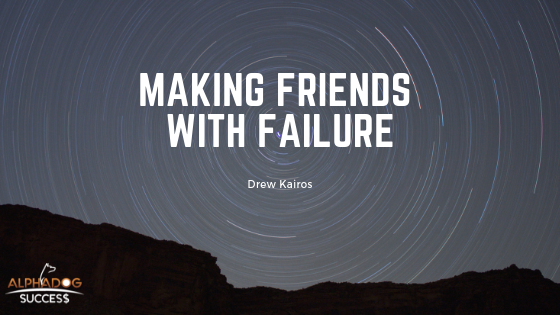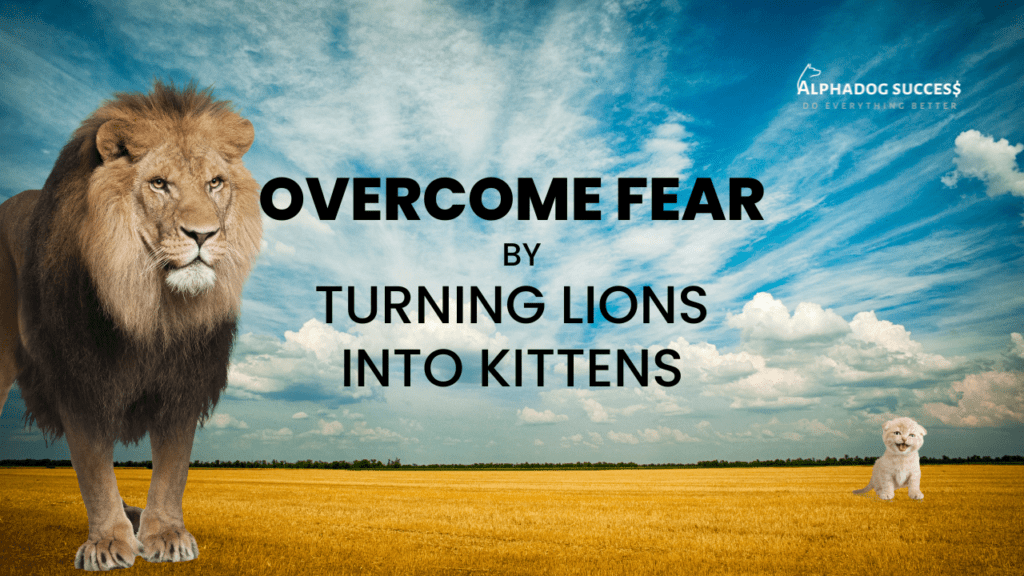The Secret To Finding More Happiness Is Feeding The Right Wolf
The Tale of The Two Wolves is short story based on a popular Native American parable. You may have heard this story before, but it’s a really good one, and I think we can all learn something from it. In case you’re unfamiliar – here’s the quick version: There’s this old Cherokee guy who tells his grandson about a battle going on inside him. He says, “It’s like I have two wolves fighting in my heart. One is a mean wolf – he’s all about anger, jealousy, sadness, regrets, being greedy, and feeling better than others. The other is a good wolf – he’s about happiness, calmness, love, hope, being empathy, compassion, and hope.“ He explains that every one of us has an identical battle taking place inside of our own hearts. The kid thinks on it for a bit and then asks, “Which wolf wins the fight?” And the wise old Cherokee simply says, “The one you feed.” That’s it, that’s the tale. So, what’s the big deal about this story? To put it bluntly, we should look at this as a wake-up call that we’ve got more control over our feelings than we were originally taught. It applies the concept of choice to emotions, they aren’t just something that happens beyond our control. When life gets tough, it’s super easy to play the blame game. We avoid responsibility others, or things, or whatever, thinking that’ll help us make sense of the mess inside. We all do it. Why? It makes us feel like we’re in charge when stuff’s going crazy. But here’s the twist: When we blame everything else for our bad mood or tough times, we’re actually giving away our superpower – the power to choose. The moment we start thinking, “This person or that thing made me feel this way,” we’re letting go of the steering wheel of our emotions. So, here’s a game-changer idea: Which wolf in your heart do you want to feed? The grouchy one that’s all about the bad vibes? This wolf’s like that nagging voice in your head that keeps telling you you’re not good enough or that nobody gets you. That’s the wolf that feeds on your fears and worries. Do you really wanna keep giving him snacks? By saying “Nope, not today” to this wolf, you’re choosing to spend your energy on the good stuff – the thoughts and feelings that make you feel awesome. You don’t have to hug the bad vibes; just don’t invite them to hang out. When you stop paying attention to them, they’ll get bored and leave. Now, what about the happy wolf? Well, he won’t feed himself, that’s for sure. Just like you wouldn’t keep feeding the grumpy wolf, you’ve got to choose to give the good wolf all the good stuff – happiness, peace, love, and all that jazz. We often look outside for things to make us happy, like a cool job, a vacation, or even a new pair of sneakers. Sure, they might give us a quick smile, but that buzz doesn’t last forever. Real talk: Happiness isn’t about what’s happening around you; it’s about what’s happening inside you. True, deep-down happiness comes from deciding to be happy, no matter what. The more you focus on being happy, the less you’re feeding that inside wolf. And guess what? You’ve already got everything you need to be happy, right here, right now. That feeling of joy comes from feeding the good wolf in your heart. As he gets bigger and stronger, he’s going to help you deal with the tough stuff way better. And if you keep feeding only him, he’s always going to come out on top.
The Secret To Finding More Happiness Is Feeding The Right Wolf Read More »








